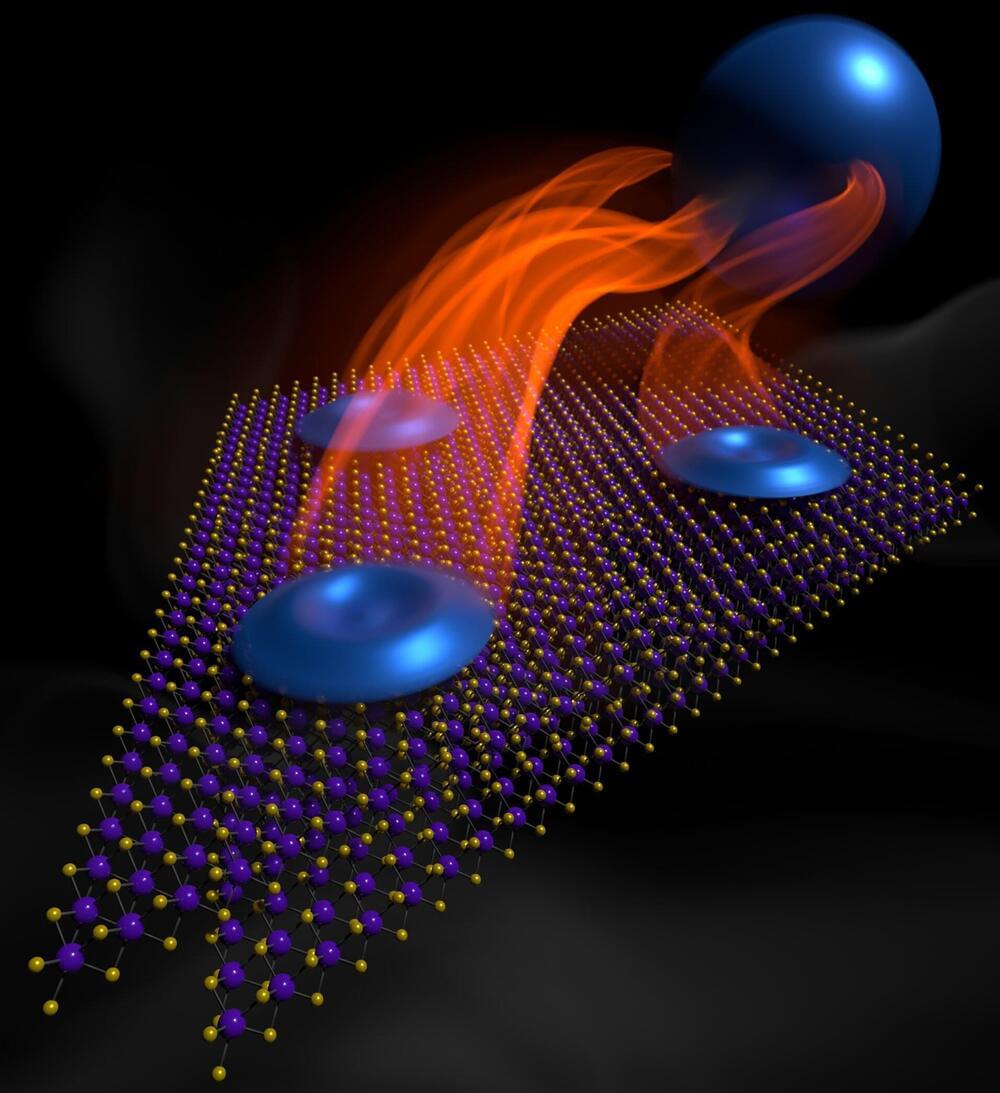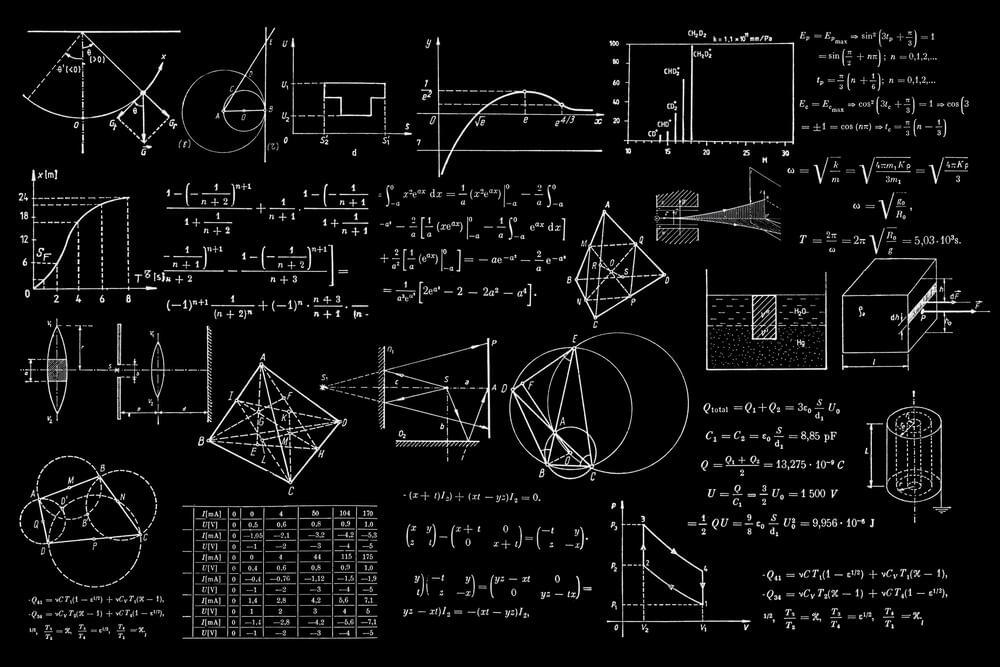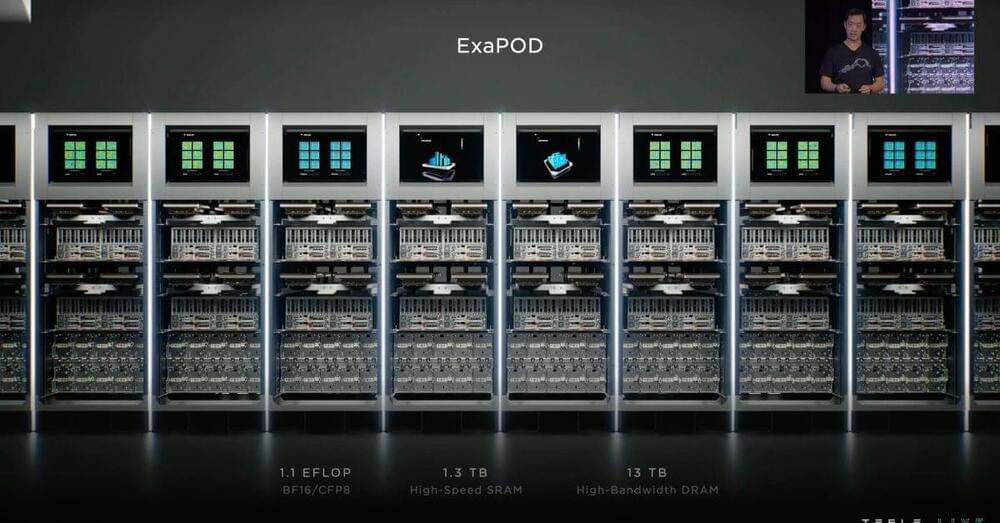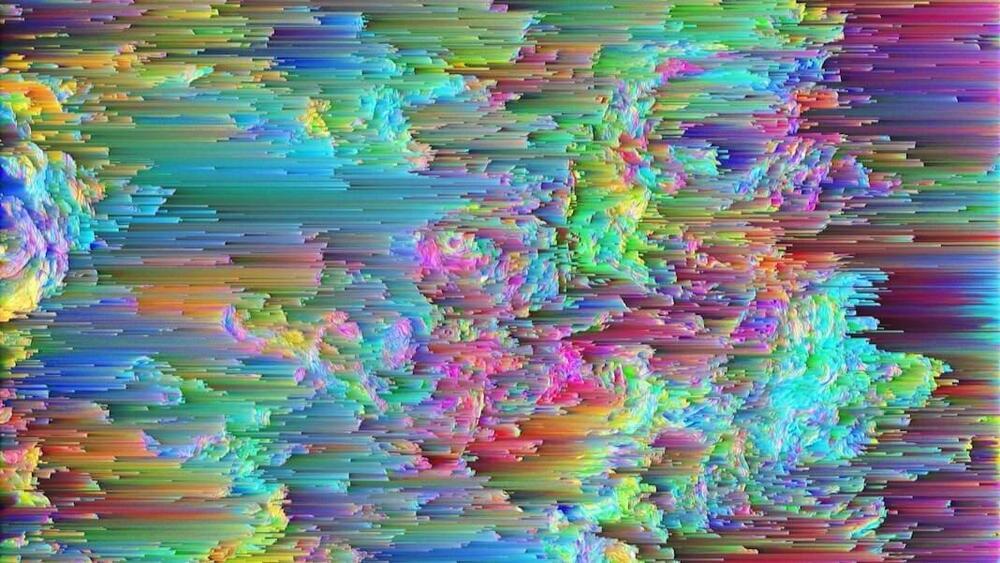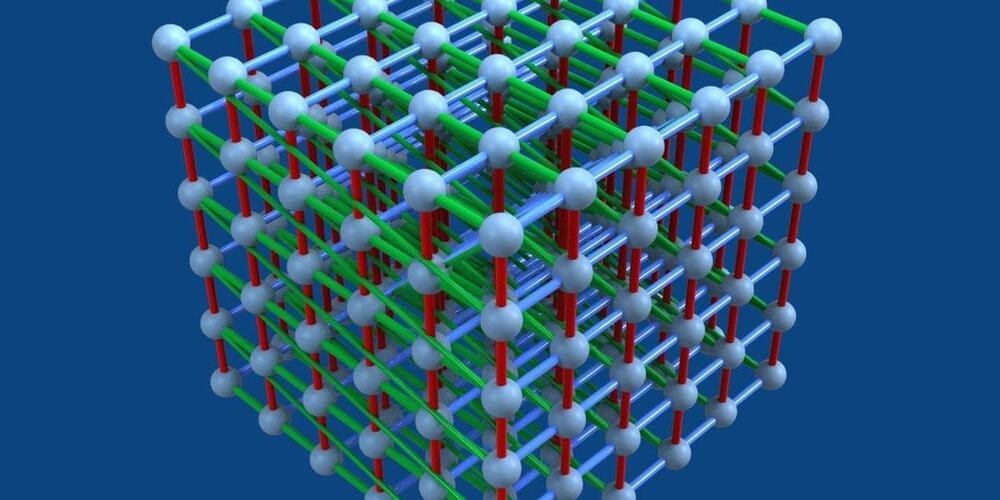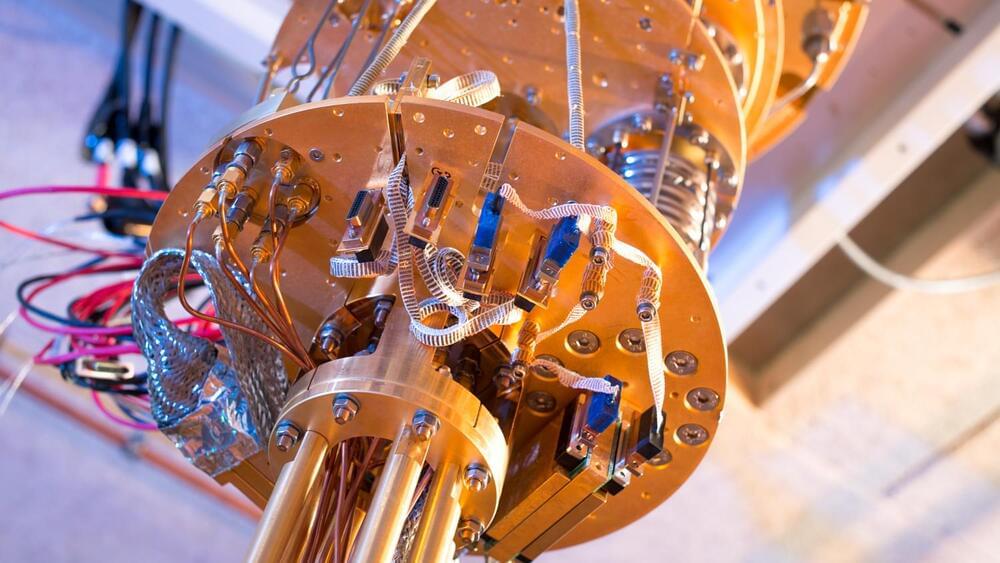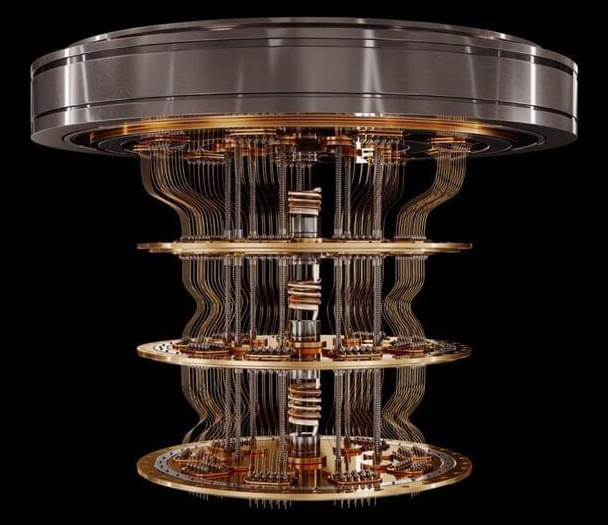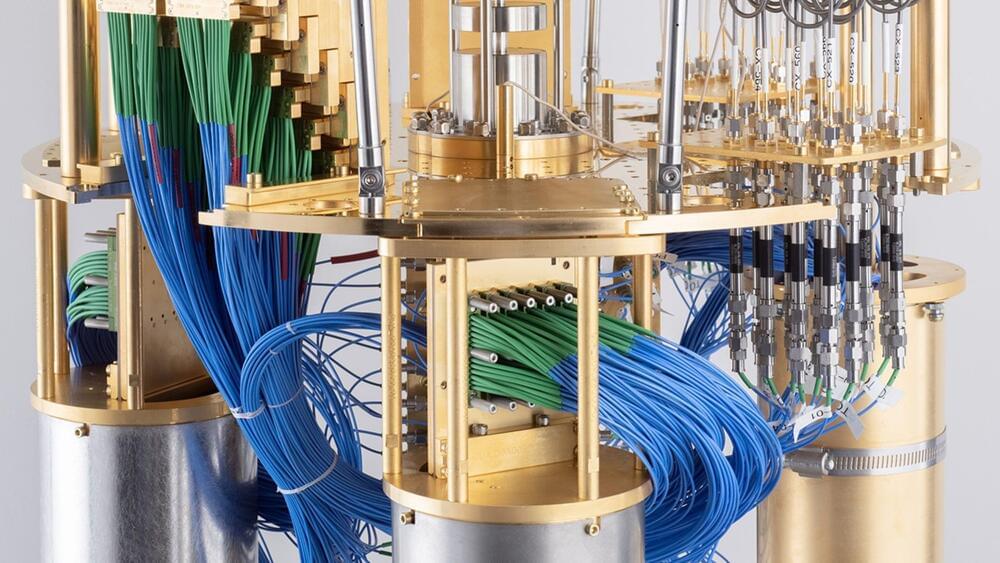Jun 28, 2023
Supercomputer reveals ninth Dedekind number, solving decades-old maths problem
Posted by Gemechu Taye in categories: mathematics, supercomputing
The first eight Dedekind numbers have been known to us, but the ninth one has remained elusive — until now.
Mathematics is a fascinating subject with many unsolved mysteries, such as the Riemann hypothesis, Fermat’s last theorem, Goldbach’s conjecture, and Dedekind’s numbers. The Dedekind numbers were first discovered in the 19th century by Richard Dedekind and have interested mathematicians ever since.
The first eight Dedekind numbers have been known to us, but the ninth one has remained elusive until now. KU Leuven and Paderborn University scientists have solved a decades-old mathematics problem by computing the ninth Dedekind number.

